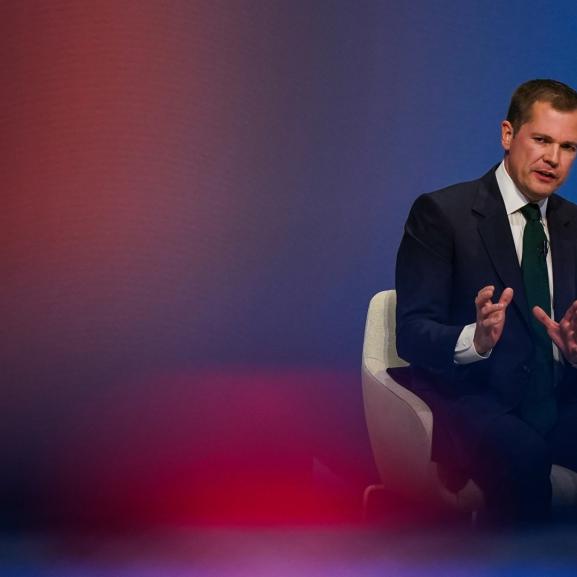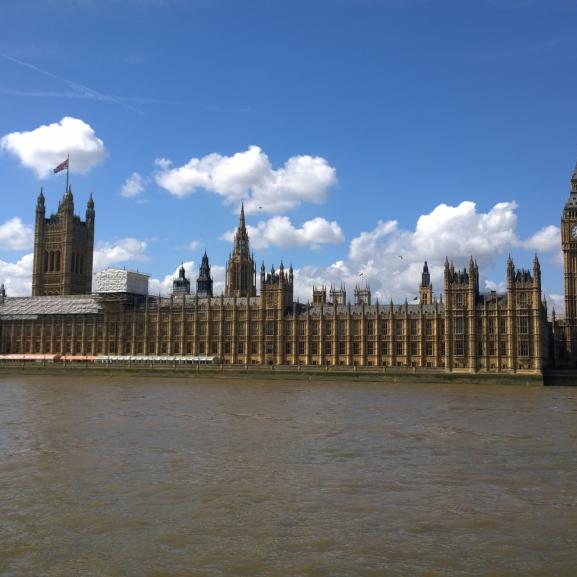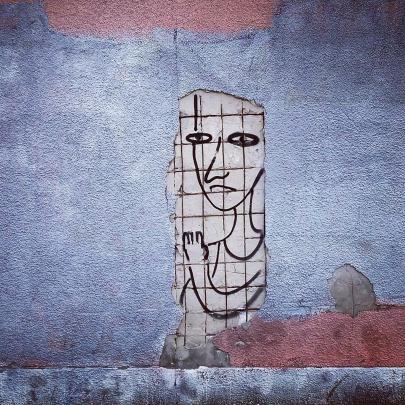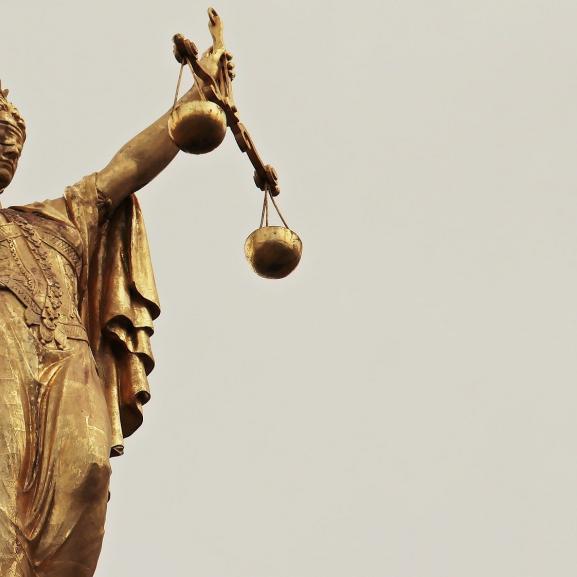FFT clients tell House of Lords The Truth About the Asylum Process
Several young Medical Foundation clients have attended the House of Lords to give a first hand account of the difficulties they encountered as adolescents trying to claim asylum in Britain.
One, Ronnie S from Rwanda, said the refusal of the Home Office to believe either his age, or where he said he was from, had effectively denied him his childhood.
Another, Tony Olum from Uganda, spoke of his shock at seeing families of asylum seekers behind bars when he was detained.
Both were scathing about Home Office plans to use X Rays to determine how old young asylum seekers are in age dispute cases, saying the bone density of young Africans who had survived malnutrition would be markedly different from that of a young European.
A significant number of the 3,000 plus unaccompanied child asylum seekers who arrive in Britain each year are accused of being adults presenting themselves as children in order to prolong their stay in the UK.
The MF clients were attending an event to mark the launch of a new report published by the Immigration Law Practitioners' Association entitled: When is a child not a child? Asylum, age disputes and the process of age assessment.
Written by Heaven Crawley, a former head of asylum and immigration research at the Home Office, and now senior lecturer and director of the Centre for Migration Policy Research at Swansea University, the report identifies serious shortcomings in the process for dealing with age disputes, and in assessing the age and vulnerability of child asylum seekers generally.
The report says there is evidence that many youngsters are not given 'the benefit of the doubt' about their age because of assumptions about the 'appropriate' physical appearance and behaviour of children from very different social, economic, cultural and ethnic backgrounds.
There is also evidence that the perceived credibility or otherwise of the asylum application itself has become closely tied in with a decision about whether a child is being honest about his or her stated age. In reality there may be no relationship between the two.
It adds that some social work managers are pressurising workers to assess unaccompanied minors as older than they are to save money as adult asylum seekers are entitled to much lower levels of care than children.
To tackle such problems, the report recommends the creation of regional age assessment centres funded independently and staffed by multi-agency teams that would contan social workers but, crucially, not from the authority that would later go on to support the child.
Both Ronnie, aged 20, who is studying psychiatric nursing, and Tony, aged 24, who is studying electrical engineering, welcomed the opportunity to tell members of the upper house as well as a number of MPs and Home Office representatives about their experiences in the asylum system.
They were sceptical, however, about how much weight their testimony carried. "I asked what they were going to do about denying me my childhood, but they failed to answer my questions," said Ronnie.
"I said to improve things they ought to work more closely with organisations such as the Medical Foundation that work with children but I don't know if they were listening."
Tony added: "I told them of my experiences of being in detention and about how I feel. I also wanted to know why they didn't interview young asylum seekers until they are 18. They said some positive things but at the end of the day they will probably not even talk to an immigration officer."
Sheila Melzak, the MF's consultant child and adolescent psychotherapist, said later: "Disputing a young person's age is the same as disputing their identity. How does a young person become integrated into a society that questions their very identity?
"Young people to whom this happens live with uncertainty during their developmental years - uncertainty about who they are and uncertainty about whether or not they will be returned to the country where they were tortured. This causes real difficulties as they mature."






